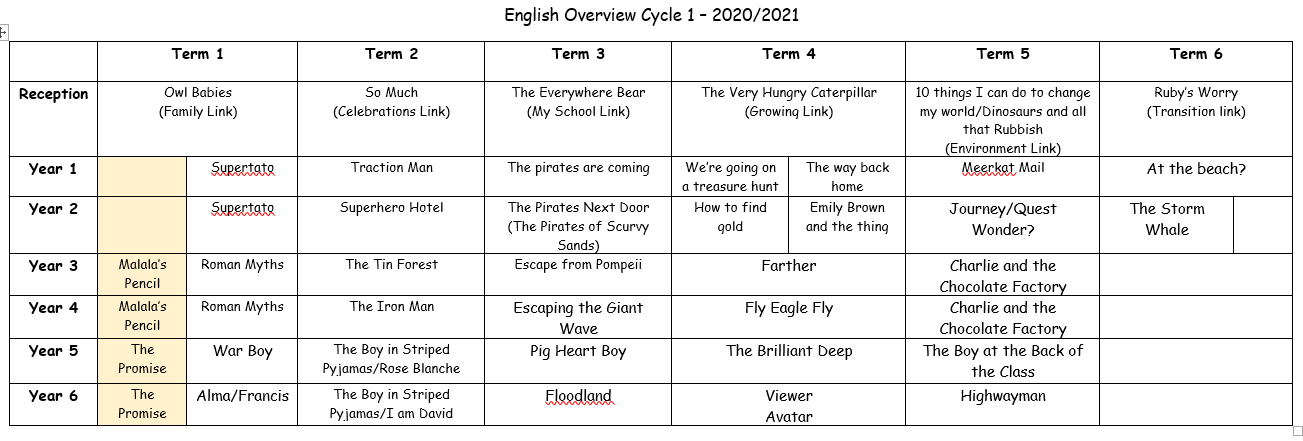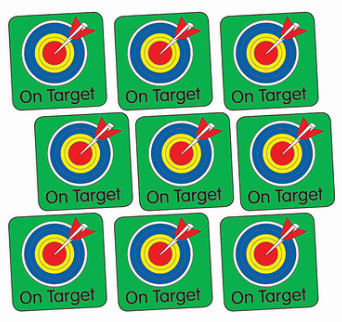Writing at Fishponds Church of England Academy
"There is something delicious about writing the first words of a story. You never quite know where they'll take you."
– Beatrix Potter, author and illustrator of The Tale of Peter Rabbit.
Learning to write is a skill which requires time, consolidation and patience. In the early stages of learning, a child will begin to identify patterns between the pronunciation of letter-sounds and the craft of letter formation. As they continue to learn, they will increasingly improve and consolidate this information, enabling them to develop automaticity and fluency when using words to create complex writing structures.
At Fishponds Church of England Academy, we understand that writing requires methodical planning and instruction, therefore our choice of texts for Writing have been carefully chosen to align with topics explored in wider curriculum areas. Ultimately, this approach enables children to analyse and review information at a greater depth, provides opportunities to generate questions and develop written responses for a range of purposes and audiences.


